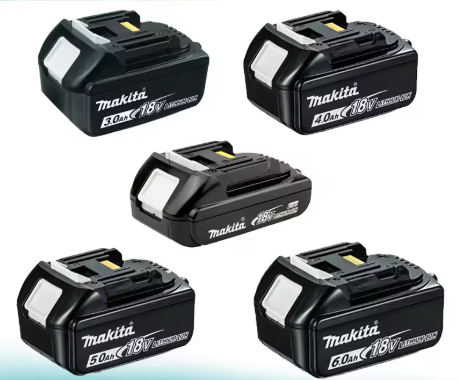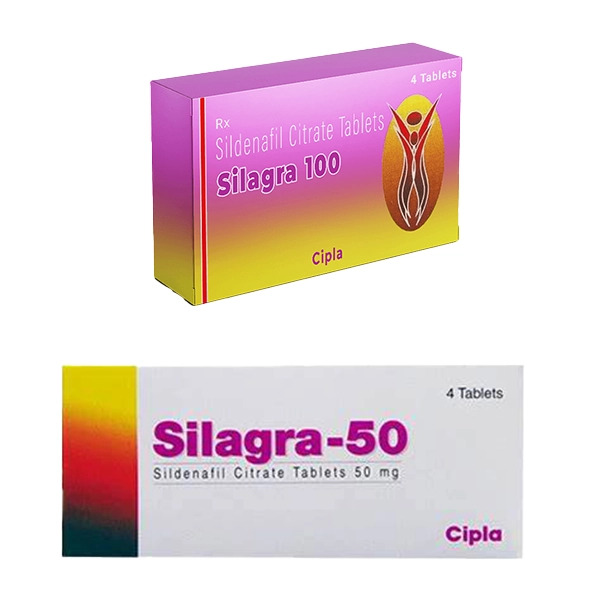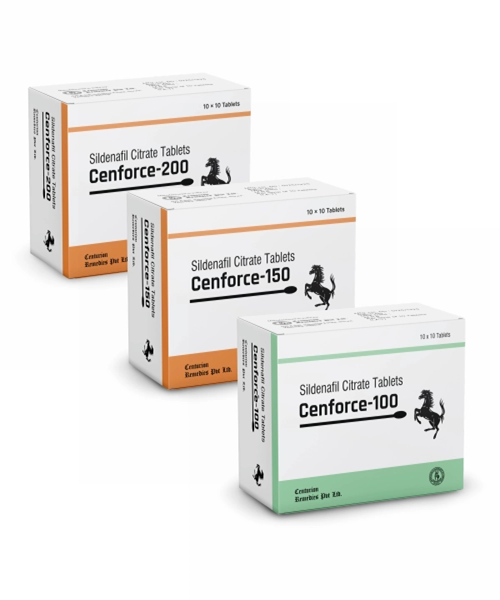
Which Power Tool Batteries Can Be Exchanged with Other Tools?
- Robert Crumb
- Technology
- 2025-11-07 18:06:50
- 2172K
Which Power Tool Batteries Can Be Exchanged with Other Brand Tools?
If you own more than one power tool brand, you’ve probably asked yourself if you can swap batteries between them. It seems practical. Instead of keeping a separate battery and charger for each brand, you could use one battery system for all your tools. But the truth is more complicated. Power tool batteries are not universally interchangeable, though some systems and adapters make it possible.
This guide explains which power tool batteries can be exchanged across brands, how voltage and design affect compatibility, and what to consider before using adapters or third-party replacements.
Why Most Power Tool Batteries Are Not Interchangeable
Every major brand designs its battery platform differently. That includes voltage output, terminal arrangement, and communication between the tool and battery.
For example, a Makita 18V battery will not fit a DeWalt 20V tool, even though both are technically 18-volt lithium-ion packs. The tool housings, connectors, and built-in protection systems differ.
Manufacturers use these differences to maintain performance consistency and protect their tool systems. Mixing batteries across brands can cause poor fit, unstable connections, or even damage to the electronics.
Still, there are some exceptions. A few brands share platforms, and some adapters make cross-brand use possible.
Brand Alliances That Share Battery Platforms
A few companies have developed shared platforms where multiple brands use the same battery design. These alliances allow one battery type to fit tools from different manufacturers.
1. AEG, Ridgid, and Milwaukee (Techtronic Industries Group)
AEG, Ridgid, and Milwaukee are all owned by the same parent company, Techtronic Industries (TTI). While they share similar technology, the battery systems are not directly interchangeable. The design and electronics differ slightly between brands, so a Milwaukee M18 battery will not fit a Ridgid 18V tool without modification or an adapter.
2. Bosch AMPShare Alliance
Bosch has created a shared system called AMPShare, which allows multiple brands to use the same 18V batteries. Brands like Fein, Rothenberger, Heraeus, and Wagner participate in this platform. If your tool belongs to one of these brands, the Bosch 18V battery can often work across tools.
This system benefits professionals who use tools from different manufacturers but want fewer chargers and batteries to manage.
3. Makita LXT Platform
Makita’s LXT 18V line covers more than 275 tools, all running on the same battery platform. However, these batteries do not fit tools from other brands. Makita has maintained a closed ecosystem, yet consistently updated its product line.
4. DeWalt 20V MAX and FlexVolt
DeWalt uses two main systems: 20V MAX for standard tools and FlexVolt for high-demand tools. FlexVolt batteries are backward compatible with 20V MAX tools, which gives users flexibility within DeWalt’s lineup. But these batteries do not fit other brands’ tools.
5. Ryobi ONE+ System
Ryobi’s 18V ONE+ batteries fit every Ryobi cordless tool made since 1996. That backward compatibility makes Ryobi one of the most user-friendly systems. However, they are not compatible with other brands without adapters.
Using Battery Adapters for Cross-Brand Compatibility
Adapters have become popular among DIY users who own tools from different brands. A battery adapter allows you to connect one brand’s battery to another brand’s tool.
For example:
- A DeWalt-to-Makita adapter lets you use a DeWalt 20V battery in a Makita 18V tool.
- A Ryobi-to-Milwaukee adapter connects Ryobi ONE+ batteries to M18 tools.
Adapters are available from third-party sellers and can save money by reducing the need for multiple batteries. However, they come with trade-offs.
Pros of Battery Adapters
- Cost-effective for users with tools from different brands.
- Helps reduce clutter by using one battery platform.
- Allows continued use of older tools when their original batteries are discontinued.
Cons of Battery Adapters
- May not support built-in communication between battery and tool.
- Can lead to inconsistent performance or overheating if the voltage doesn’t match perfectly.
- Some brands void warranties when third-party adapters are used.
When using adapters, always match voltage and chemistry (e.g., 18V lithium-ion with 18V lithium-ion). Mixing voltages or chemistries can damage the tool or battery.
Voltage and Compatibility
Voltage determines the power output of the battery. Most cordless tools run on 12V, 18V, 20V, or 40V systems. Even if two brands have the same voltage, their batteries are not automatically interchangeable.
Here’s a quick comparison:
| Voltage | Common Brands | Compatibility |
| 12V | Bosch, Milwaukee, DeWalt, Makita | Not cross-compatible |
| 18V | Makita, Ryobi, Bosch, Milwaukee | Some Bosch AMPShare tools compatible |
| 20V | DeWalt, Porter-Cable, Black+Decker | Similar voltage, different connectors |
| 40V | Ryobi, Greenworks | Only compatible within their own systems |
While 18V and 20V may seem identical, the difference comes from marketing. DeWalt and others label 20V MAX batteries based on peak voltage, while the actual operating voltage is closer to 18V. Despite this similarity, you cannot safely swap batteries between brands.
Interchangeable Battery Examples with Adapters
Here are a few common pairings that work with reliable adapters:
- DeWalt to Makita – Works for 18V/20V systems with an adapter.
- Milwaukee to Ryobi – 18V/M18 systems can function with a voltage-matched adapter.
- Bosch to Fein (AMPShare) – Works directly without an adapter within the AMPShare alliance.
- DeWalt FlexVolt – Backward compatible with DeWalt 20V MAX tools without any adapter.
Always use high-quality adapters from trusted sellers to avoid overheating or short circuits.
Factors to Consider Before Exchanging Batteries
Before using batteries across different brands, keep these points in mind:
- Voltage Matching – Never use a battery with a higher voltage than the tool supports.
- Chemistry Compatibility – Match lithium-ion batteries only with lithium-ion systems.
- Connection Type – Check terminal shape and locking tabs. Some brands use proprietary connectors.
- Protection Features – Branded batteries often have built-in safety circuits. Some adapters bypass these, increasing risk.
- Warranty Impact – Using an adapter or third-party battery may void your tool warranty.
If you use power tools daily or professionally, sticking to one brand’s battery system is safer and more reliable.
Third-Party Battery Replacements
Many users buy third-party replacement batteries as affordable alternatives to branded ones. These are not original, but reputable third-party options can perform well when they meet the same voltage and quality standards.
For example, aftermarket Ryobi battery replacements or Makita-compatible batteries are widely available. Choose trusted sellers that list detailed specifications and include safety features like overcharge and thermal protection.
Avoid cheap, unbranded options that lack certification markings such as CE, RoHS, or UL.
The Future of Battery Interchangeability
The power tool industry is slowly moving toward shared systems, but most brands still keep their platforms closed. Bosch’s AMPShare program is a strong step toward more compatibility. Other manufacturers may follow as users demand more flexibility.
Battery technology also continues to evolve. Higher energy density, faster charging, and smarter electronics could make future cross-brand systems more practical. Until then, adapters and alliances are the main ways to share batteries between tools.
Key Takeaways
- Most power tool batteries are brand-specific and cannot be directly swapped.
- Some alliances like Bosch AMPShare allow cross-brand compatibility.
- Adapters help exchange batteries between brands like DeWalt, Makita, and Ryobi, but use them carefully.
- Always match voltage and chemistry when using third-party batteries or adapters.
- For professionals, staying within one battery platform is the safest choice.
Final Thoughts
If you’re looking to simplify your workshop, understanding battery compatibility helps you make better decisions. While most brands keep their ecosystems separate, options like AMPShare and high-quality adapters give some flexibility.
For heavy-duty users, it’s best to invest in one reliable system and stick with it. For DIY users or those with mixed tool brands, using adapters responsibly and choosing verified battery replacements can make your setup more practical.
Cross-brand battery exchange is possible, but only when done carefully. Always prioritize safety, compatibility, and genuine quality to get the best performance from your power tools.
Leave a Reply
Please login to post a comment.












0 Comments